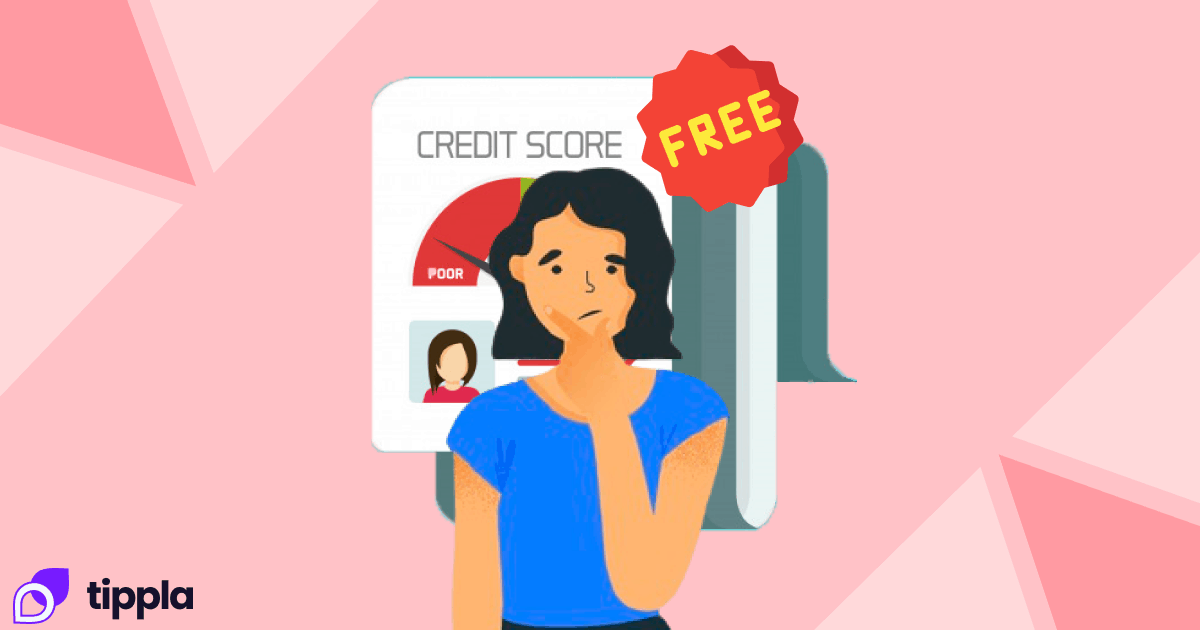Published in July 28, 2021
Dealer financing vs getting a car loan from a financial institution: Which is best for me?

Which financial institution is more cost-effective?
There are pros and cons to both options, however, you might be able to get better interest rates from a bank or other financial institution rather than a dealer.
Buying a car is not a simple process, it’s a matter of finding the car that best suits you and understanding the best way to pay it off. Although some drivers can afford to pay their new car outright using cash, many others use car loans to pay the car off over time in increments, along with the interest accrued.
If you decide to finance your car, where do you get a car loan?
Shopping for a car loan at banks and financial institutions can offer you better rates, however, financing through a car dealership is more convenient as you’d be picking up your car at the same time. We’ll discuss the pros and cons of financing through a financial institution as opposed to dealer financing.
Plan a thorough budget with Moneysmart to understand your spending habits and how much you can afford for your monthly payments.
How do car loans work?
Car loans function the same way secured loans do – a lender approves your application, you pay back the loan over a certain period, plus interest. The car is what “secures” the loan, meaning it’s considered collateral. If you can’t pay your loan back, your lender will most likely seize your car.
There are several factors that the lifetime cost of a car loan depends on. Longer repayment terms could mean lower repayments, however, it would also mean you’d pay for interest longer. That could end up costing more than a short term plan with higher repayments.
Placing a larger down payment will cost you more upfront, but it could save you money over the term of the loan. Regardless of where you acquire your car loan, it’s best to always compare different rates and offers across multiple factors to ensure you’re getting the best offer.
How much does credit score matter?
The biggest factor that determines what offers you’ll get is your credit score. The better your score is, the lower your interest rate will be, and vice versa. With a low credit score, securing finance will be more difficult, as you’d be considered a subprime borrower.
If you find yourself with a low credit score, then you should consider having someone with a good score to cosign with you. Otherwise, you would have to postpone buying a new car until you’ve balanced all your finances.
Applying for a loan usually improves your credit score. That occurs when lenders run hard
inquiries to check your credit, and as a result, improves your score. Regardless of how many
lenders run credit checks, it’ll count as one inquiry, as long as it’s around the same time.
Pros and cons of getting a loan through a bank or credit union
When planning a car loan, your best option is to directly get one through a financial institution or credit union. Some benefits of using a financial institution include:
– Established relationships. Getting a loan through a financial institution you already have a financial relationship with could secure you better rates. Even if you have poor credit, your local bank may be willing to aid you.
– Borrowing directly from the source. Borrowing from a bank or credit union is a direct transaction, meaning there is no middleman. Directly borrowing money also means you won’t pay for any extra fees and you may get lower rates.
– Convenience. If your financial institution has brick-and-mortar locations, you could go in to meet in person and renegotiate any loan terms.
Some drawbacks also come with borrowing from a bank or credit union, those include:
– Less wiggle room. There’s a lower chance of renegotiating any extra fees such as your interest rate to your bank or credit union.
– More to juggle. Borrowing a car loan from a bank or credit union may complicate the car buying process, as you’re not getting everything done through the one dealership.
Pros and cons of getting a loan through a car dealership
When purchasing a car through a dealership, many buyers tend to also get their loans through there. That generally smoothes the overall process as the majority of the work gets done through the one organisation. However, there are also many extra fees and add-ons buyers would find themselves paying. With that in mind, here are some benefits to financing through a dealer:
– Promotional pricing. Many dealers may offer promotional deals such as 0% APR on new models of cars. That makes financing through dealers much simpler than financing through a bank or credit union. However, those offers may only be eligible to drivers with good credit.
– One-day shopping. When financing your car through a dealer, you’d essentially be getting both your car and loan at the same time and place. However, it’s always best to compare loan rates with different providers to find the best offer.
– Room to negotiate. Dealerships usually act as a middleman when financing your car. That means they offer higher rates on loans to make a profit. However, with that said, there’s always wiggle room with negotiating lower rates with dealers.
Some drawbacks come with dealership financing, those include:
– Higher rates. As mentioned before, dealers tend to offer higher rates on payment plans. That’s due to the dealer acting as a middleman when organising your financing. This is why it’s important to compare different offers and providers before making a decision.
– No personal relationship. When financing through a dealer, they might have it done through a bank or credit union that you have no prior relationship with. If you find yourself struggling to pay off the loan in the future, it might make negotiating harder.
Regardless of where you decide to get your car loan, the most important thing you can do to save money on a loan is to compare different offers. Once you’ve settled on the best offer and you’ve got your new car, don’t forget to re-evaluate your car insurance.
Tippla is dedicated to helping you understand how car loans work.
While we at Tippla will always do our best to provide you with the information you need to financially thrive, it’s important to note that we’re not debt counsellors, nor do we provide financial advice. Be sure to speak to your financial services professional before making any decisions.
Related articles

Credit Scores and Mortgage Applications: What Australians Need to Know
15/09/2023
Many Australians dream of owning their own home, but...

Why Is Your Credit Score Important? A Quick Overview
18/07/2023
Whilst your credit score is only a number, it...

Do I need car insurance before I buy a car?
09/12/2024
Yes, should have car insurance when you purchase a...

Will renters insurance cover a lost wedding ring?
29/07/2021
You’ve just been popped the question, and you’ve excitedly...
Subscribe to our newsletter
Stay up to date with Tippla's financial blog